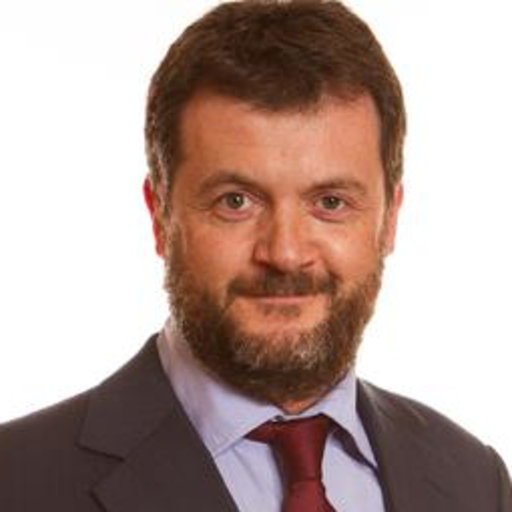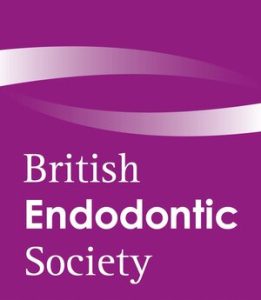Set your learning goals for effective progression in endodontics
Featured Products Promotional FeaturesPosted by: Dental Design 2nd July 2023

It may be cliché, but it remains true that we all learn something new every day. Whether related to our personal or professional lives, we are always taking in new information, meeting new people and gaining fresh experiences that can change our perspective or add to our knowledge base. However, when it comes to career advancement, especially in endodontics, it’s important to take a more structured approach.
Know how you learn best
The process of learning new information or skills is often talked about in terms of behavioural psychology. John B. Watson famously established a learning model that recognised three core processes – classical conditioning, operant conditioning and observational learning.[i] These three concepts refer to how one turns new information into a core skill, basically by creating a trigger linked to a specific memory or action, and strengthening this reaction to make the new skill easy to replicate time and time again.
Understanding which of these learning methods are most successful for you is a good place to start in building an effective development pathway. Most of us need a combination of different strategies, but it is necessary to consider the structure of any training course, events or education activities you are interested in to make sure they will work for you.
Set learning goals
 Regardless of whether you have worked as a dentist for 1 year or 40, it’s important to determine what you wish to learn next and what your goals are for each educational activity you undertake. In doing so, you provide a benchmark from which you can measure your progress and assess the quality of training you have attended.
Regardless of whether you have worked as a dentist for 1 year or 40, it’s important to determine what you wish to learn next and what your goals are for each educational activity you undertake. In doing so, you provide a benchmark from which you can measure your progress and assess the quality of training you have attended.
For example, if you are thinking about pursuing a new interest in endodontics, then your training will need to be tailored accordingly to the field. You’ll need to find courses that cover topics relevant to you and at a level that is appropriate for your current experience level. Your goal may be to advance your existing skills and learn how to retreat previously endodontically-treated teeth. It may instead be to build your confidence in identifying multi canals.
Whatever your goals, it’s necessary to plan ahead. By scheduling courses into your diary in plenty of time, you are far more likely to maximise your learning and really gain the most for your development.
Where to start
It goes without saying that there are a huge number of training courses, events and activities to join across dentistry today. However, they are not equal in quality, evidence-base, length or depth of material. As such, take time to analyse the options available – look for credible reviews and testimonials from colleagues, review the teaching faculty or course instructors, and consider the format of the course regarding whether it offers the appropriate level of theoretical and/or hand-on experience. No matter if you are starting out in endodontics or are highly skilled in the field, sourcing programmes pitched at the right level will have a massive impact on how much you gain – and how worthwhile the investment is for you.
The British Endodontic Society (BES) is a great place from which to start your search for your next steps in endodontics. We are proud to be a proactive and diverse organisation dedicated to supporting education across the field. We have a dynamic membership including clinicians who are new to endodontics and those who are among the most experienced endodontists and specialists in the country. As such, we offer various opportunities for individuals to network with colleagues, to discover exceptional educational courses or hands-on workshops and advance their skills at BES events. We are also delighted to be supporting the European Society of Endodontology (ESE) Congress this September – entitled ”Shedding Northern Lights on Endodontics” and to be held in Helsinki, Finland – which may be of interest too!
A mixture of classical, operant and observational conditioning is often best for dental professionals looking to develop skills, enter a new discipline or take existing capabilities to new heights. Consider your modes of learning to ensure you are getting the most from your choices and to achieve your career ambitions.

For more information about the BES, or to join, please visit www.britishendodonticsociety.org.uk
[i] University of Wolverhampton. What you need to know about the psychology of learning. November 2021. https://online.wlv.ac.uk/what-you-need-to-know-about-the-psychology-of-learning/ [Accessed May 2023]








